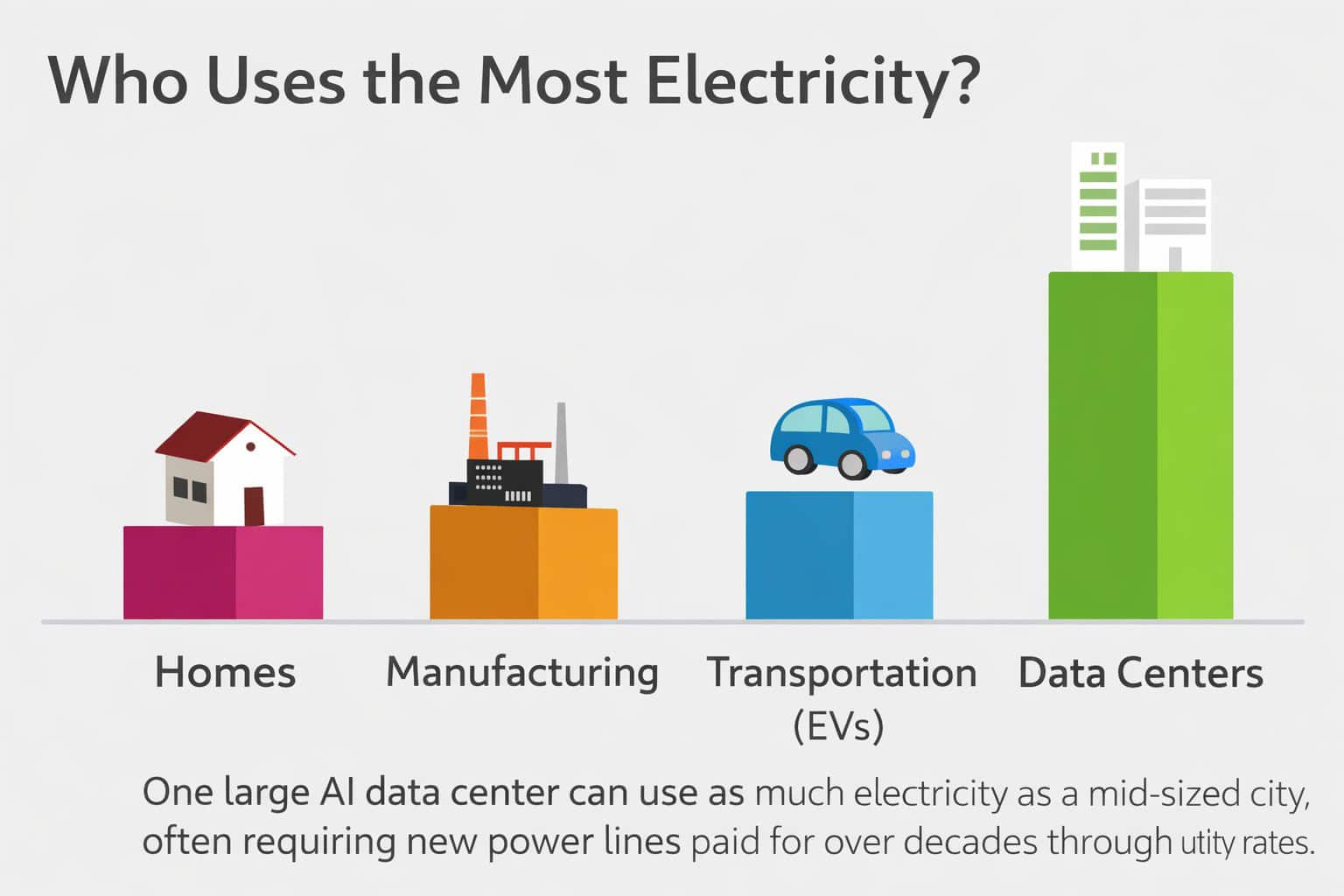LANSING – DTE Energy announced Friday its latest renewable energy plan filed with the Public Service Commission contains plans to double the company’s renewable energy capacity by 2022.
The company’s plan would bring 1,000 megawatts of additional renewable energy online, its total capacity to 2,000 megawatts.
DTE Energy Renewable Energy Director Dave Harwood said the company hopes to see the plan approved in the third quarter this year and, if approved, it would spur approximately $1.7 billion in new investment in the state.
Harwood said the newly filed plan “outlines how we’re going to meet 15 percent,” a reference to the requirement in the state’s 2016 energy law that 15 percent of energy generated in Michigan must come from renewables by 2021.
Once all the renewable power projects are built out, the company would have renewable energy capacity to provide such power to 800,000 Michigan homes.
A total of 700 megawatts of new renewable energy generation would get the company to 15 percent compliance, Harwood said.
“It’s not just about getting to 15 percent,” Harwood said. “It’s a significant step forward for our goal of getting to 80 percent carbon reduction by 2050.”
The remaining 300 megawatts, he said, would come from a voluntary program for large electric customers that would be interested in reducing carbon emissions through using renewables that is still in the works.
“We have information from some of our larger customers that this is intriguing,” Harwood said of the voluntary renewable program. He said the 300 megawatts figure is based on estimates of likely demand for such a program once designed and enacted.
A majority of the renewables in the plan would come from wind energy projects, which Harwood said is the most affordable type to pursue given the current market conditions.
A total of 330 megawatts of wind energy in the plan come from projects already sited and ready to be built once final permit approval is given.
Construction on the company’s 161-megawatt Pine River Project is expected to begin next month and be completed before the end of the year, while the 169-megawatt Polaris Project is expected to be built and come online in 2019.
An additional two wind energy projects producing a combined 375 megawatts would be built and come online in 2021 and 2022 under the proposal.
DTE would also construct 15 megawatts of new solar energy capacity over the next three years under the plan.
“Beyond this plan, DTE will continue to add additional resources,” DTE Energy Chair and CEO Gerry Anderson said in a statement. “Reducing our company’s carbon emissions and developing cleaner sources of energy is a key priority for us. This work will also bring positive economic impacts such as job creation and local community revenue.”
Environmental groups were less than impressed with the announcement.
Michigan Environmental Council Policy Director James Clift in a statement said the company should consider a study unveiled earlier this month by BW Research Partnership that stated thousands more jobs would be created building wind, solar and other energy efficient projects rather than the company’s proposed $1 billion, 1,100-megawatt natural gas-fired power plant in St. Clair County. He said a more balanced approach with more renewables would be better for customers’ pocketbooks in the long run as well as the environment.
“DTE’s announcement regarding renewable energy is lacking, and represents a missed opportunity for Michigan to save money, protect public health and create more clean energy jobs for our future,” Clift said.
Michigan League of Conservation Voters Government Affairs Director Nick Occhipinti said that the company will meet the 2016 energy law requirement of 15 percent is not news.
“As prices for clean, renewable energy continue to fall, investing in wind and solar is a common sense investment that protects Michigan’s air and water,” Occhipinti said in a statement.
Vote Solar Director for Western States Becky Stanfield said the gas plant proposal “is anchoring Michigan to another generation of fossil fuel plants to benefit shareholders, not customers.”
This story was published by Gongwer News Service.







